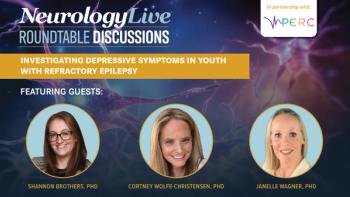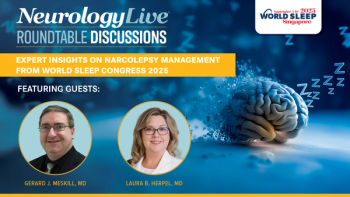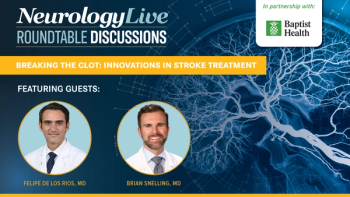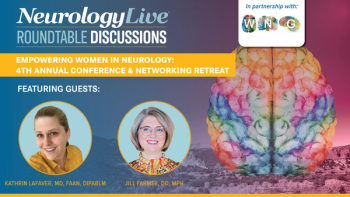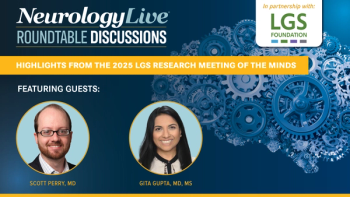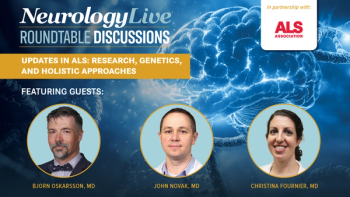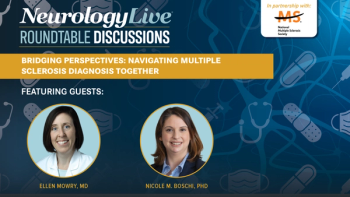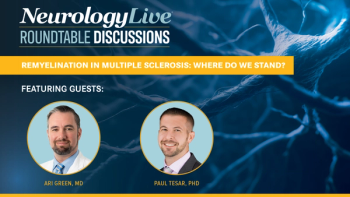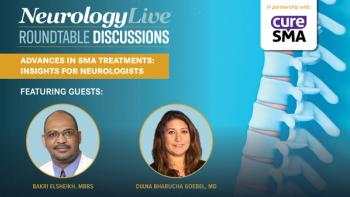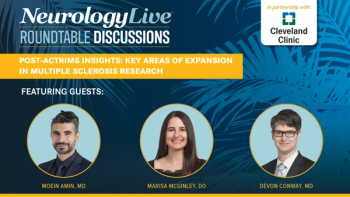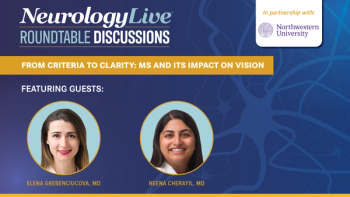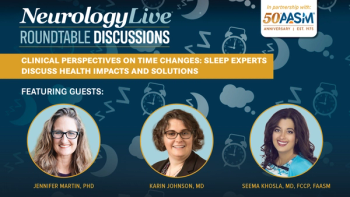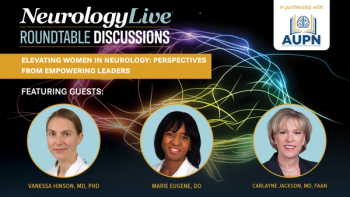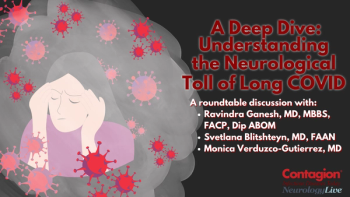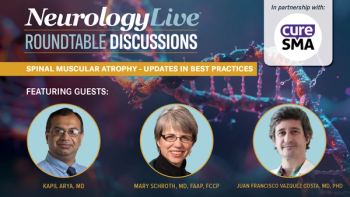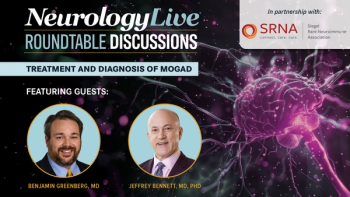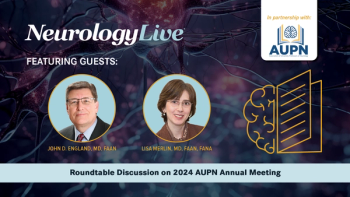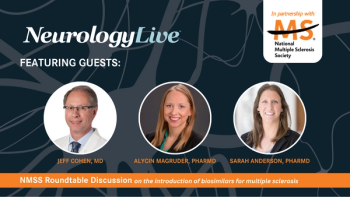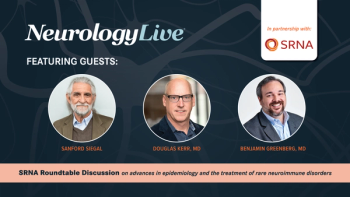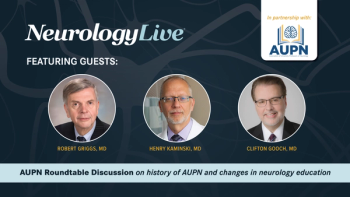In this special NeurologyLive® Roundtable Discussion, Brian Snelling, MD, neurosurgeon, director of cerebrovascular and endovascular neurosurgery, and director of the stroke program at Marcus Neuroscience Institute, part of Baptist Health South Florida, joins Felipe De Los Rios, MD, neurologist, Irma Bass Endowed Chair in Stroke Neurology, and director of the stroke program at Baptist Health Miami Neuroscience Institute, for an in-depth exploration of the rapidly evolving field of stroke care.
Across five expert-led conversations, Drs. Snelling and De Los Rios examine how stroke management is being redefined through expanded thrombectomy eligibility, the integration of artificial intelligence into triage, the pursuit of neuroprotective and cytoprotective agents, new frontiers in post-stroke recovery and secondary prevention, and the creation of efficient, data-driven stroke systems of care. Their insights offer a real-world look at how innovation, coordination, and clinical precision are transforming the standard of care for patients with cerebrovascular disease.
